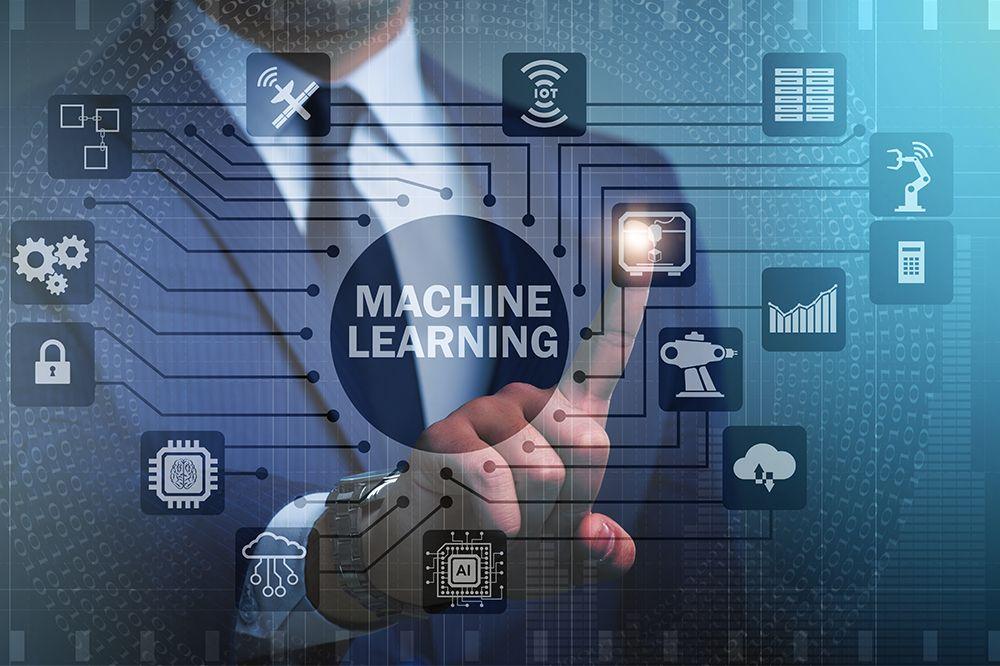In recent years, machine learning has emerged as a groundbreaking technology with immense potential to revolutionize various industries, including healthcare. Leveraging the power of artificial intelligence (AI), machine learning algorithms are capable of analyzing vast amounts of data to extract valuable insights, improve decision-making processes, and enhance patient outcomes. In this comprehensive guide, we delve into the top 10 machine learning use cases in the healthcare industry, showcasing how this transformative technology is reshaping the landscape of medical care.

Early Disease Detection and Diagnosis
One of the most promising applications of machine learning in healthcare is early disease detection and diagnosis. By analyzing medical images, such as X-rays, MRIs, and CT scans, machine learning algorithms can identify subtle patterns and anomalies that may indicate the presence of various conditions, including cancer, cardiovascular disease, and neurological disorders. This enables healthcare providers to detect diseases at their nascent stages, facilitating prompt intervention and treatment.
Personalized Treatment Plans
Machine learning algorithms can analyze patient data, including genetic information, medical history, and lifestyle factors, to generate personalized treatment plans tailored to each individual's unique needs. By considering a multitude of variables, such as genetic predispositions, medication responses, and environmental factors, machine learning can optimize treatment efficacy and minimize adverse effects, ultimately improving patient outcomes.
Predictive Analytics for Patient Outcomes
Predictive analytics powered by machine learning algorithms enable healthcare providers to forecast patient outcomes with remarkable accuracy. By analyzing vast datasets encompassing patient demographics, clinical variables, and treatment protocols, machine learning models can identify patterns and trends that may influence patient outcomes, enabling proactive intervention and risk mitigation strategies.
Drug Discovery and Development
Machine learning is revolutionizing the process of drug discovery and development by accelerating the identification of novel compounds and predicting their efficacy and safety profiles. By analyzing molecular structures, biological pathways, and clinical trial data, machine learning algorithms can expedite the drug discovery process, potentially leading to the development of breakthrough therapies for a wide range of diseases and conditions.
Remote Patient Monitoring
With the proliferation of wearable devices and remote monitoring technologies, machine learning plays a pivotal role in remotely monitoring patients' health status and detecting deviations from baseline parameters. By analyzing real-time data streams from wearable sensors, machine learning algorithms can detect early warning signs of deterioration, enabling timely intervention and proactive healthcare management.
Medical Imaging Analysis
Machine learning algorithms are transforming medical imaging analysis by automating the interpretation of radiological images and improving diagnostic accuracy. From detecting abnormalities in mammograms to identifying lesions in brain scans, machine learning models can assist radiologists in making more accurate and timely diagnoses, thereby enhancing patient care and outcomes.
Electronic Health Record (EHR) Management
Machine learning algorithms can optimize the management of electronic health records (EHRs) by streamlining data entry, organizing information, and generating actionable insights. By analyzing clinical notes, lab results, and patient histories, machine learning models can extract relevant information, identify trends, and facilitate data-driven decision-making by healthcare providers.
Fraud Detection and Prevention
In the realm of healthcare finance and administration, machine learning is instrumental in detecting and preventing fraud, waste, and abuse. By analyzing claims data, billing patterns, and transactional records, machine learning algorithms can identify suspicious activities and anomalies indicative of fraudulent behavior, enabling payers and providers to mitigate financial losses and safeguard healthcare resources.
Virtual Health Assistants
Virtual health assistants powered by machine learning algorithms are revolutionizing patient engagement and care coordination. From scheduling appointments to providing medication reminders and offering personalized health recommendations, virtual assistants leverage natural language processing (NLP) and machine learning to enhance communication between patients and healthcare providers, improving access to care and adherence to treatment plans.
Public Health Surveillance and Epidemiology
Machine learning is playing a crucial role in public health surveillance and epidemiological research by analyzing vast datasets to detect disease outbreaks, monitor population health trends, and inform public health interventions. By analyzing data from diverse sources, including social media, search queries, and electronic health records, machine learning algorithms can provide early warnings of potential health threats and guide proactive measures to safeguard public health.
In conclusion, the integration of machine learning into the healthcare industry holds immense promise for transforming patient care, enhancing clinical decision-making, and improving health outcomes across the globe. By harnessing the power of artificial intelligence and advanced analytics, healthcare organizations can unlock new insights, drive innovation, and ultimately save lives.
